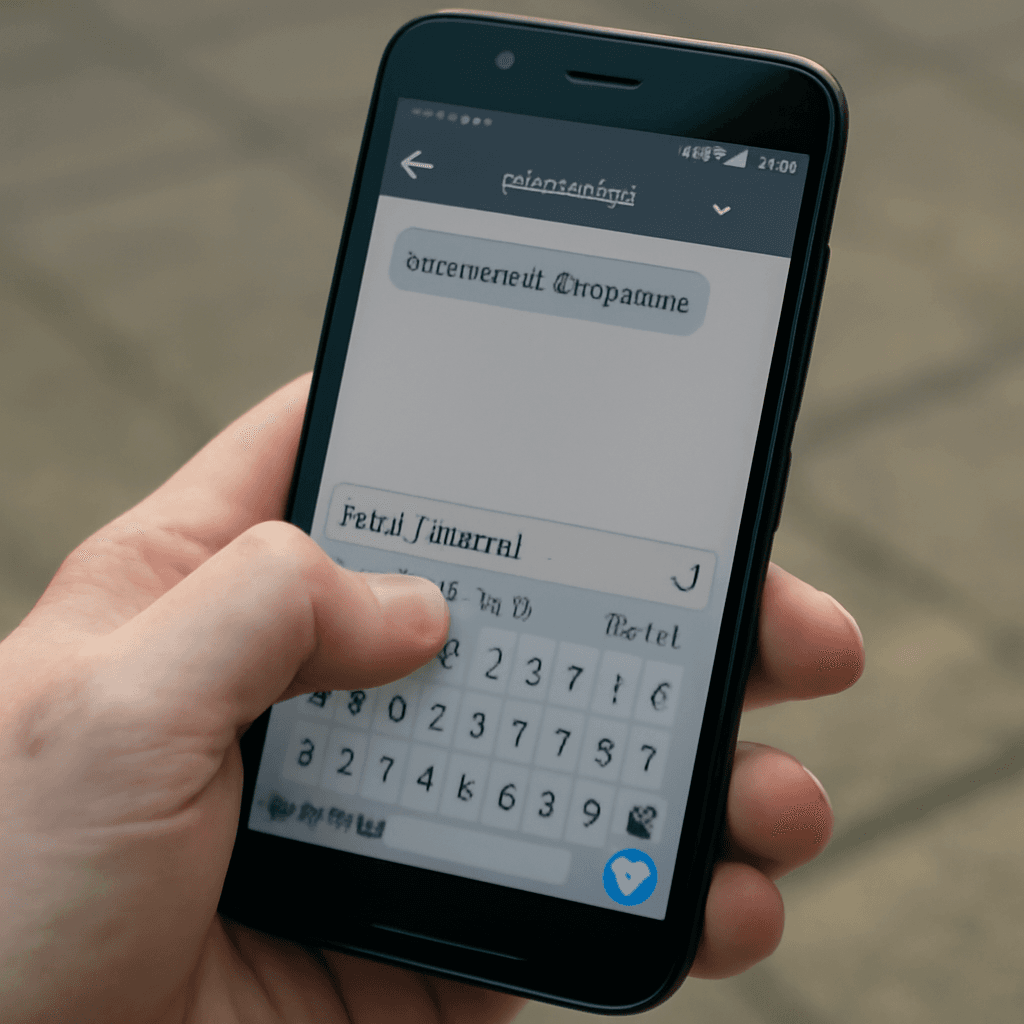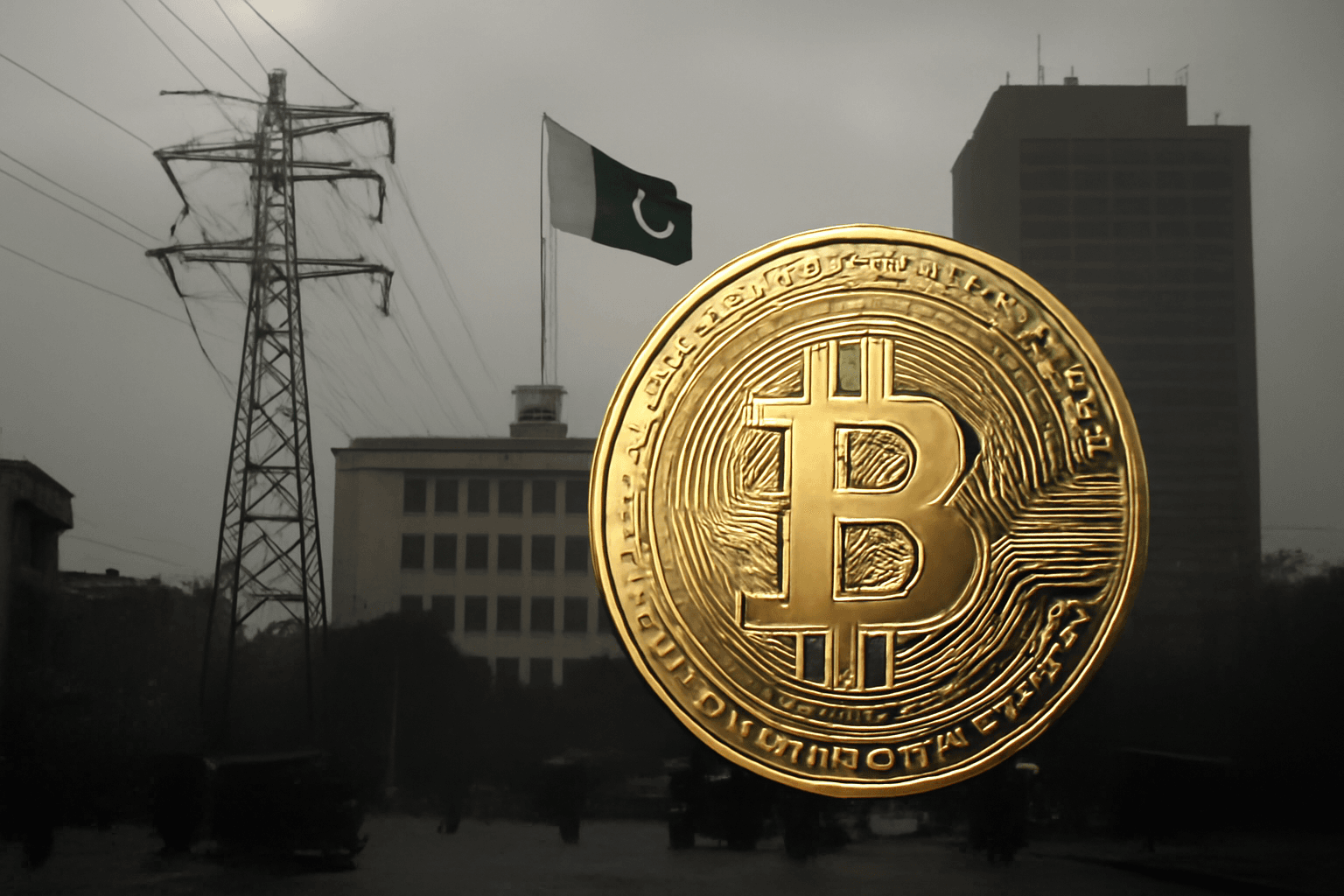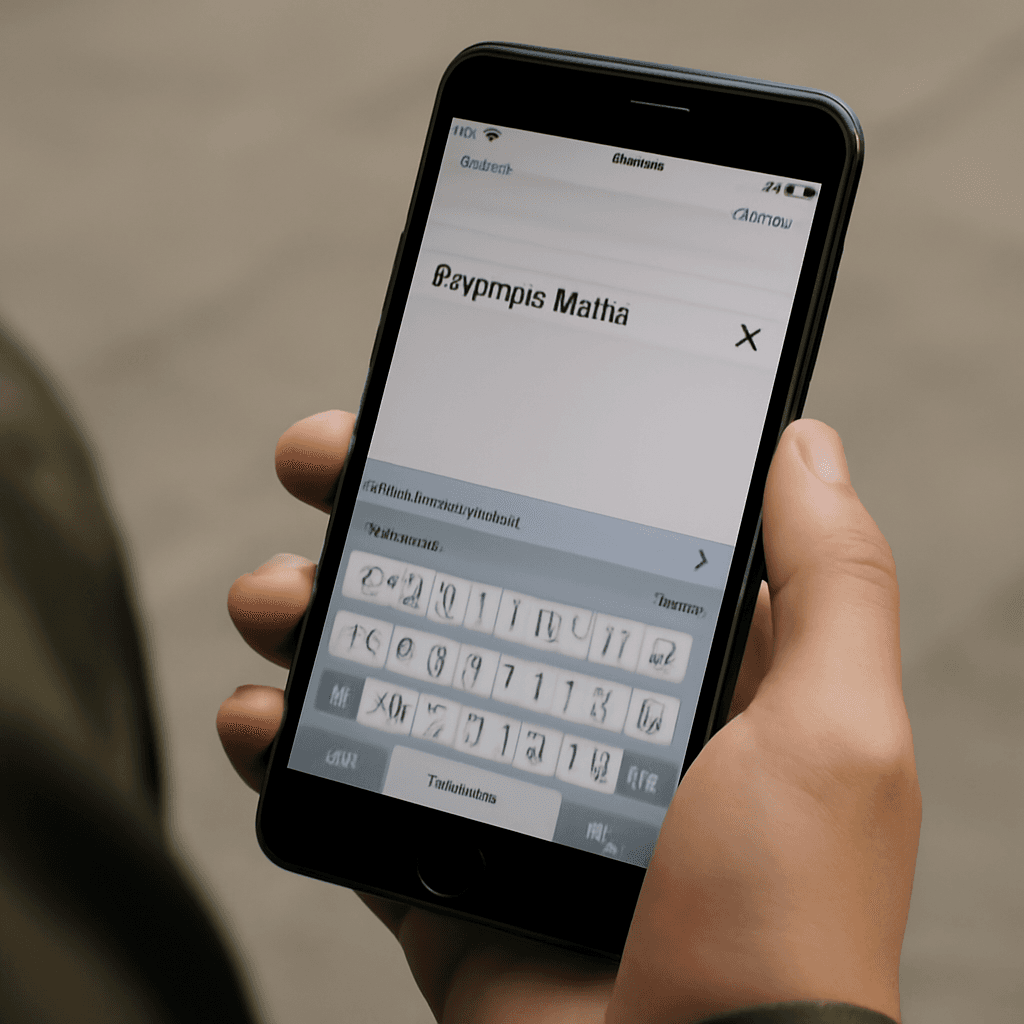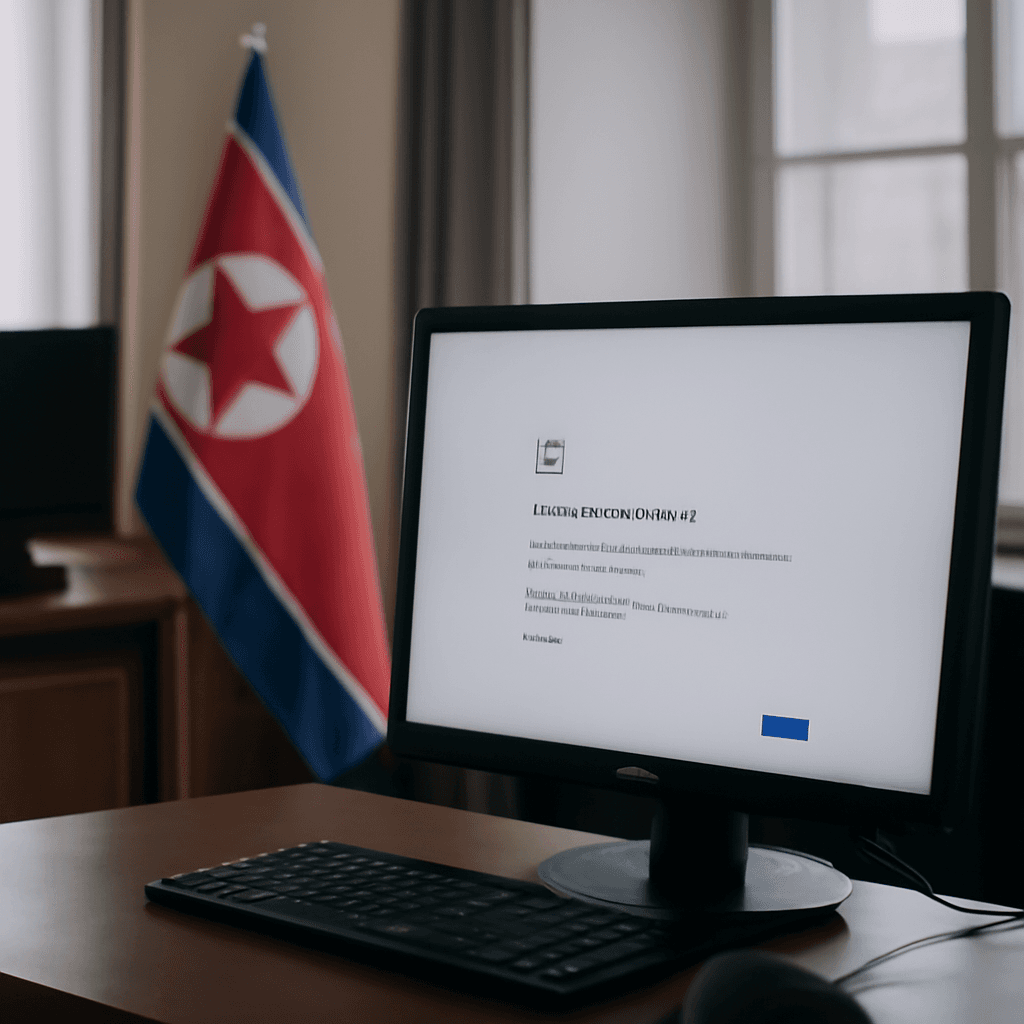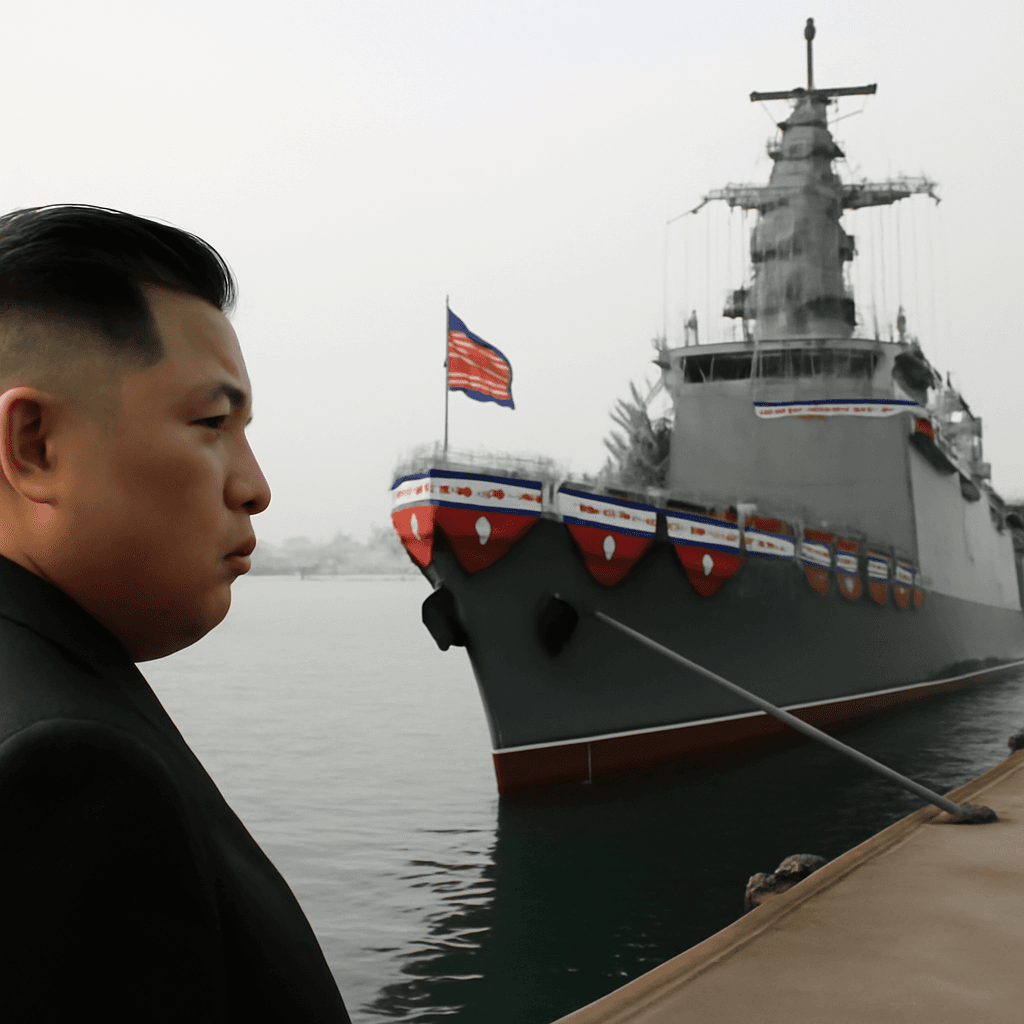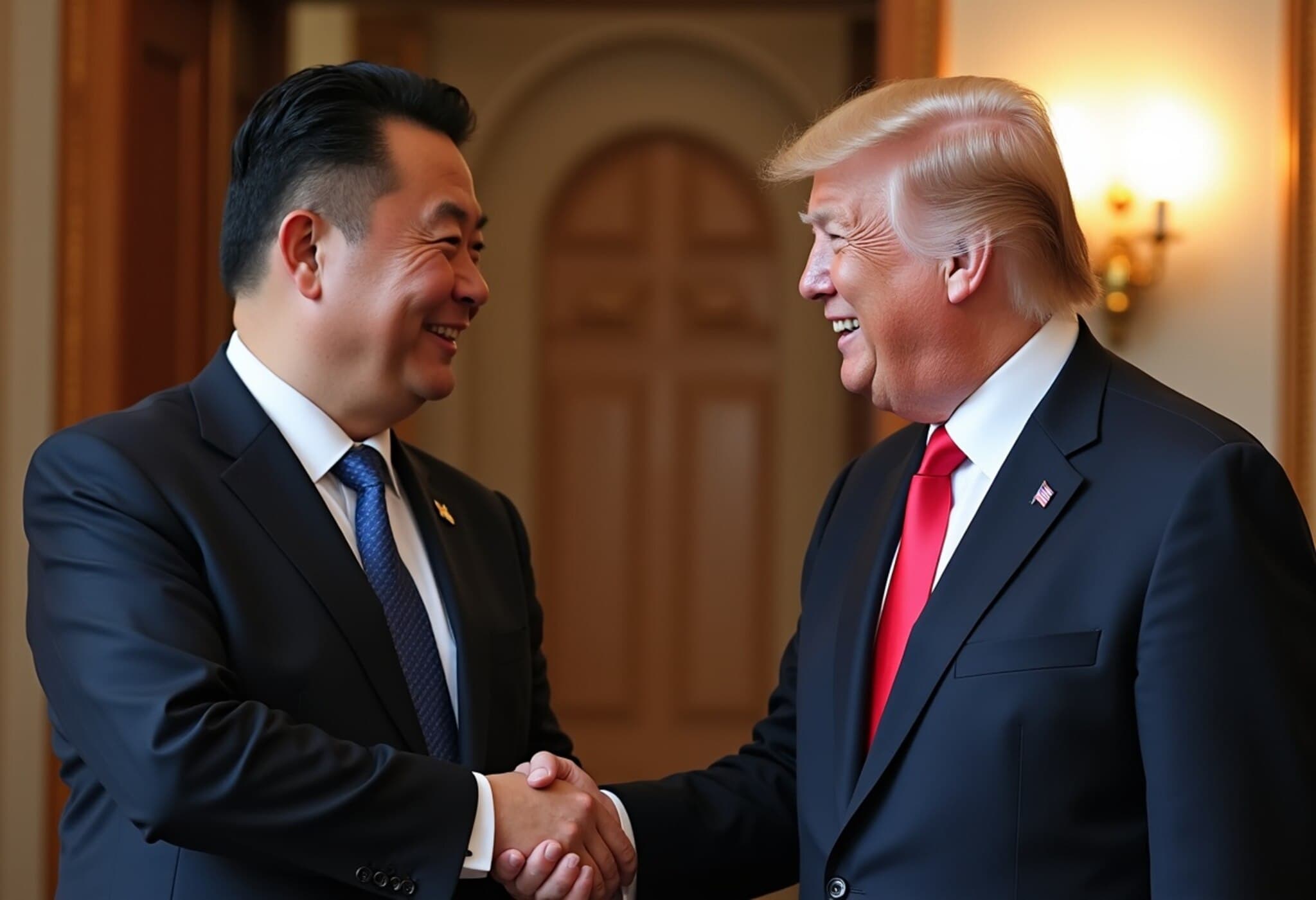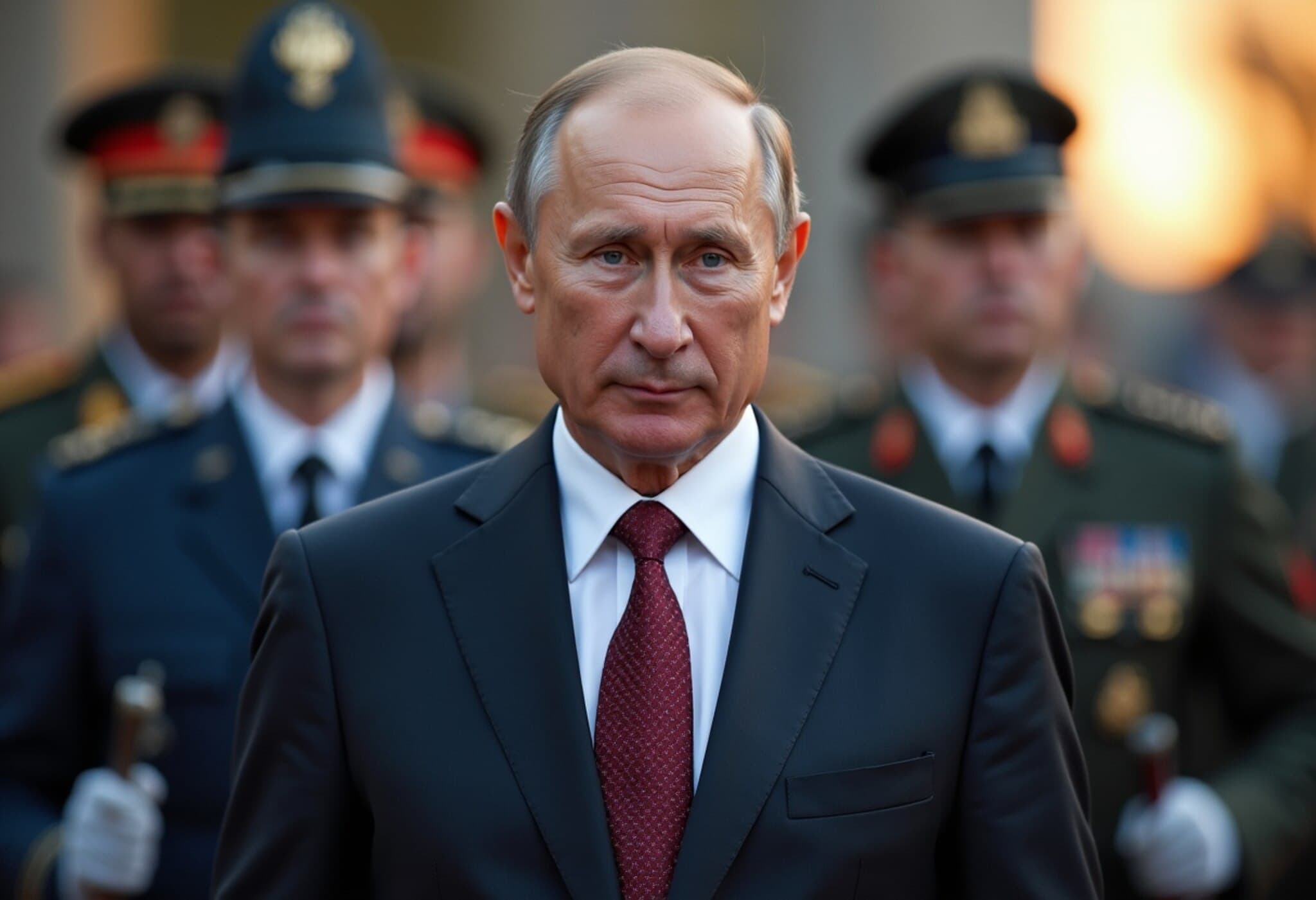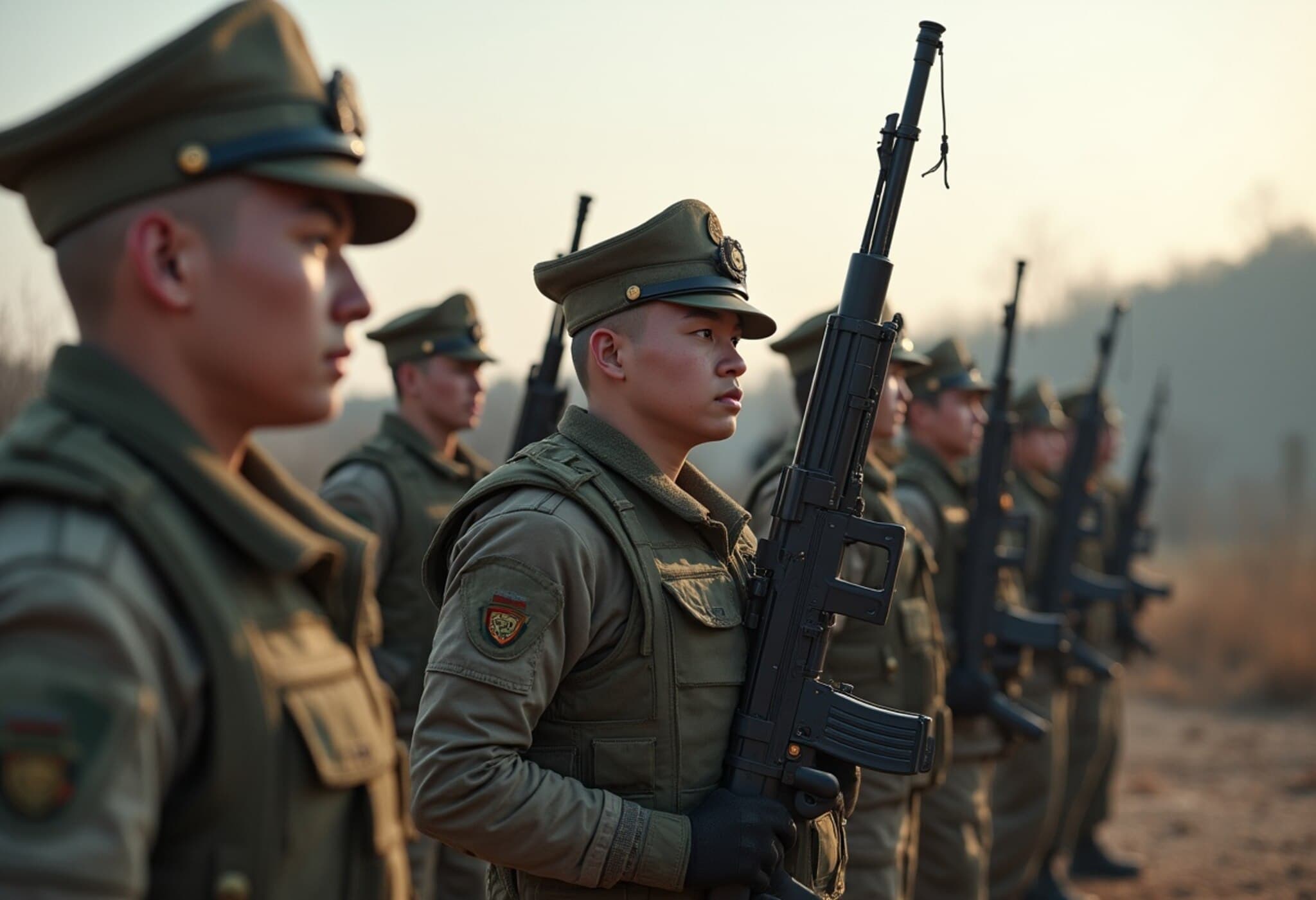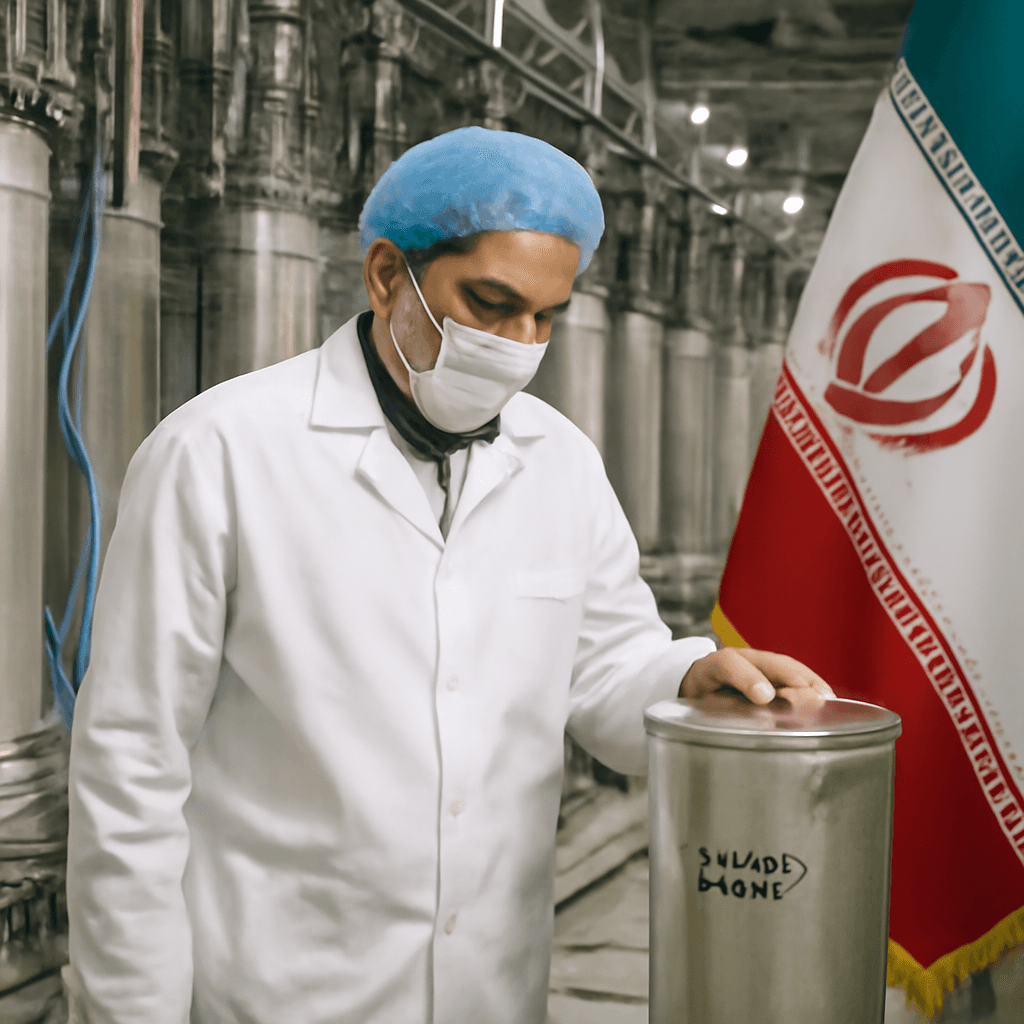North Korea's Government-Altered Smartphone Reveals Extensive Censorship
An investigation into a smartphone smuggled out of North Korea unveils the extent to which the government controls digital communication within the country. The device operates on a heavily modified platform that prohibits internet access and restricts users to a government-approved intranet named Kwangmyong.
Automatic Text Alterations Enforce Propaganda
Experts analyzing the phone discovered that it automatically changes typed words to align with North Korea's official narrative. For instance:
- Typing "South Korea" is instantly transformed into "puppet state," reflecting Pyongyang's derogatory term for its southern neighbor.
- The popular South Korean term "oppa" triggers a warning, stating it should only describe siblings, and the device replaces it with "comrade."
Continuous Monitoring Through Hidden Screenshots
One of the most striking features is the phone's secret capability to capture a screenshot every five minutes. These images are stored in a concealed folder inaccessible to the user but available to government authorities. Any attempts to alter the device or access unauthorized content are treated as serious offenses under North Korean law.
State-Controlled Network Limits Information to Propaganda-Approved Content
The phone does not support internet connectivity and grants access only to the Kwangmyong intranet, a closed network hosting content carefully vetted by the government. This restriction effectively prevents citizens from obtaining any external or independent information.
Implications on Freedom of Expression and Thought
Technological experts emphasize that beyond blocking internet access, North Korea’s approach seeks to manipulate language and, by extension, influence thought patterns among its citizens. The systematic rewriting of terminology embedded in the device reflects a broader strategy to control communication and maintain ideological conformity.
Historical Context: Ongoing Tensions Between North and South Korea
Since the Korean War's armistice in 1953, North and South Korea remain in a state of hostility with no formal peace treaty. Pyongyang continues to regard the South as a separatist entity, justifying strict information control measures designed to preserve its political stance and suppress dissent.

